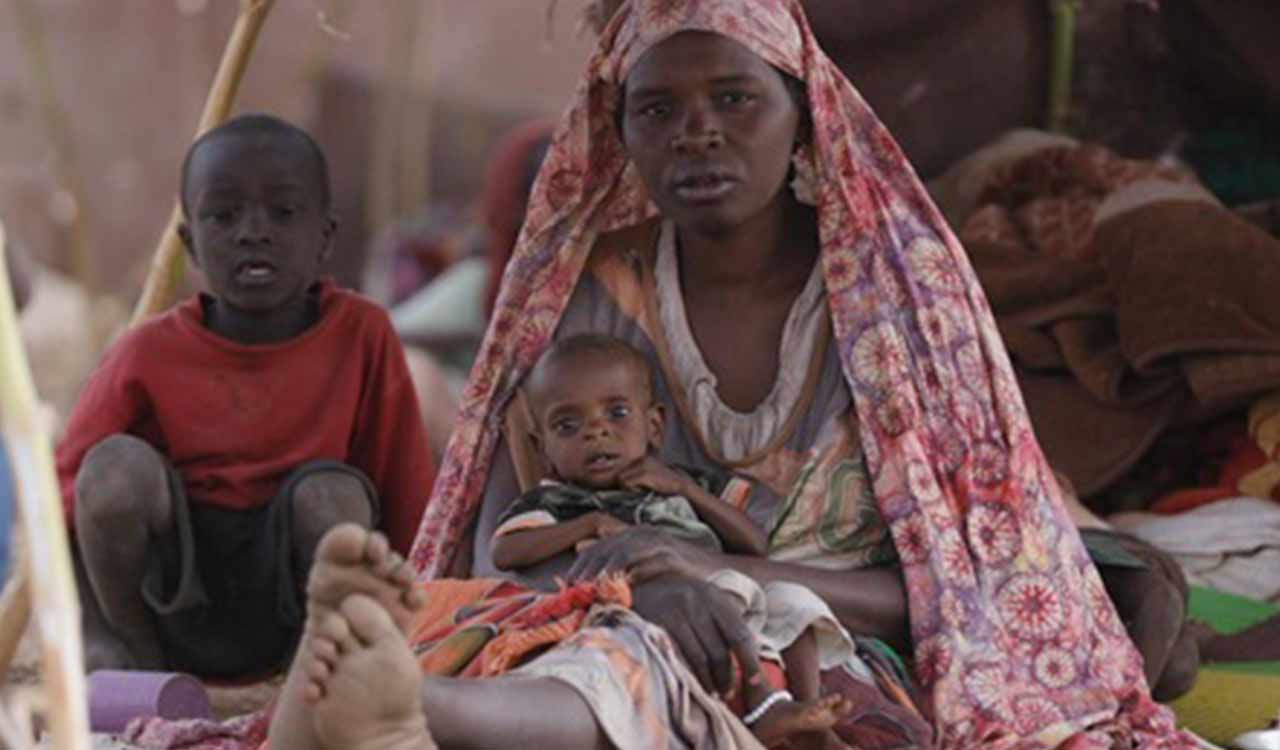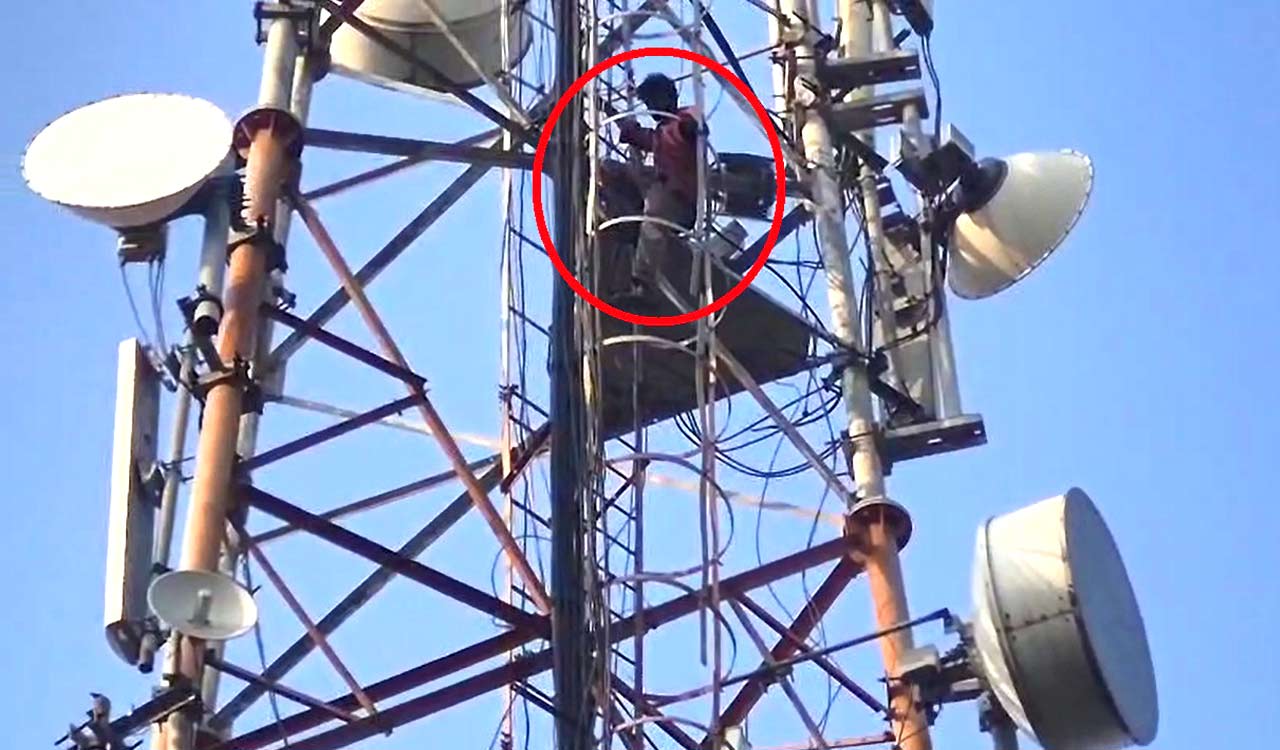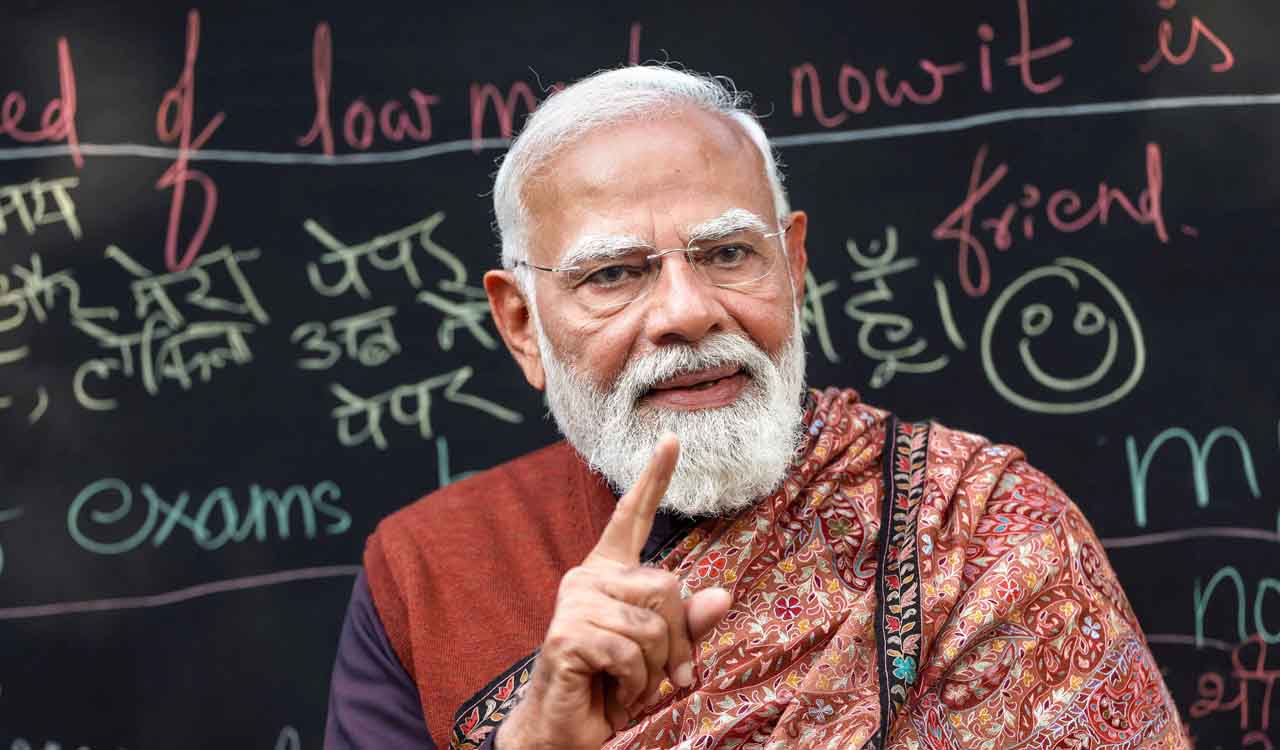Rare mental health clinics in South Sudan face closure amid rising needs
In conflict-hit South Sudan, rare mental health clinics offering crucial counselling risk closure as funding ends. With poverty, displacement and violence fuelling high suicide rates, experts warn the loss of such services could deepen the country’s mental health crisis.

Mundri (South Sudan): Joy Falatiya said her husband kicked her and five children out of their home in March 2024 and that she fell apart after that. Homeless and penniless, the 35-year-old South Sudanese mother said she thought of ending her life.
“I wanted to take my children and jump in the river,” she said while cradling a baby outside a room with cracked mud walls where she now stays.
But she’s made a remarkable recovery months later, thanks to the support of well-wishers and a mental health clinic nearby where she’s received counselling since April.
She told The Associated Press that her suicidal thoughts are now gone after months of psycho-social therapy, even though she still struggles to feed her children and can’t afford to keep them in school.
The specialized clinic in her hometown of Mundri, in South Sudan’s Western Equatoria state, is a rare and endangered facility in a country desperate for more such services. Now that the program’s funding from Italian and Greek sources is about to end and its future is unclear.
The clinic is in one of eight locations chosen for a project that aimed to provide mental health services for the first time to over 20,000 people across this East African country. Launched in late 2022, it proved a lifeline for patients like Falatiya in a country where mental health services are almost non-existent in the government-run health system.
Implemented by a group of charities led by Amref Health Africa, the program has partnered with government health centres, Catholic parishes, and local radio stations.
Across South Sudan, there has been massive displacement of people in the civil war that began in 2013 when government troops loyal to President Salva Kiir fought those loyal to Vice President Riek Machar.
The eruption of fighting was a major setback for the world’s newest country, which became a major refugee-producing nation just over two years after independence from Sudan. Although a peace deal was reached in 2018, the resumption of hostilities since January led the UN to warn of a possible “relapse into large-scale conflict.”
The violence persists even today, with Machar under house arrest and government forces continuing with a campaign to weaken his ability to wage war. And poverty — over 90 per cent of the country’s people live on less than USD 2.15 per day, according to the World Bank — is rampant in many areas, adding to the mental health pressures many people face, according to experts.
In a country heavily dependent on charity to keep the health sector running, access to mental health services lags far behind. The country has the fourth-highest suicide rate in Africa and is ranked thirteenth globally, World Health Organization figures show.
In South Sudan, suicide affects mostly the internally displaced, fuelled by confinement and pressures related to poverty, idleness, armed conflict, and gender-based violence, according to the International Organisation for Migration.
“Mental health issues are a huge obstacle to the development of South Sudan,” said Jacopo Rovarini, an official with Amref Health Africa.
More than a third of those screened by the Amref project “show signs of either psychological distress or mental health disorders,” he said. “So the burden for the individuals, their families and their communities is huge in this country, and it has gone quite unaddressed so far.”
Last month, authorities in Juba raised an alarm after 12 cases of suicide were reported in just a week in the South Sudan capital. There were no more details on those cases.
Dr. Atong Ayuel Longar, one of South Sudan’s very few psychiatrists and the leader of the mental health department at the health ministry, said a pervasive sense of “uncertainty is what affects the population the most” amid the constant threat of war.
“Because you can’t plan for tomorrow,” she said. “Do we need to evacuate? People will be like, No, no, no, there’s no war.’ Yet you don’t feel that sense of peace around you. Things are getting tough.”
In Mundri, the AP visited several mental health facilities in June and spoke to many patients, including women who have recently lost relatives in South Sudan’s conflict. In 2015, the Mundri area was ravaged by fighting between opposition forces and government troops, leading to widespread displacement, looting, and sexual violence.
Ten years later, many have not recovered from this episode and fear similar fighting could resume there.
Related News
-
Chiranjeevi marks Surekha’s birthday ahead of wedding anniversary
6 mins ago -
Woman IT professional allegedly murdered by former husband in Vanasthalipuram
17 mins ago -
Panic in Sircilla villages after tiger kills four cattle
19 mins ago -
DLTA felicitates Indian Davis Cup team after win over Netherlands
26 mins ago -
Rakul Preet Singh shares fun BTS moments from chilly outdoor shoot
37 mins ago -
Arrival time of Secunderabad–Visakhapatnam Vande Bharat revised
47 mins ago -
Auto driver strangled to death in Bhavani Nagar, wife in custody
54 mins ago -
Crescent moon sighting today: Hyderabad awaits start of holy Ramzan
53 mins ago




